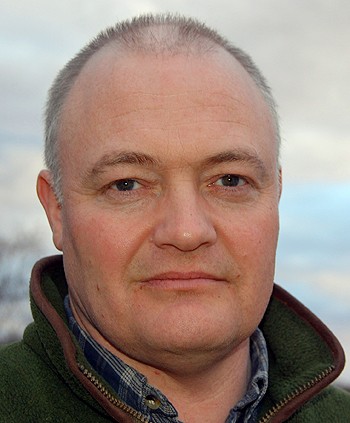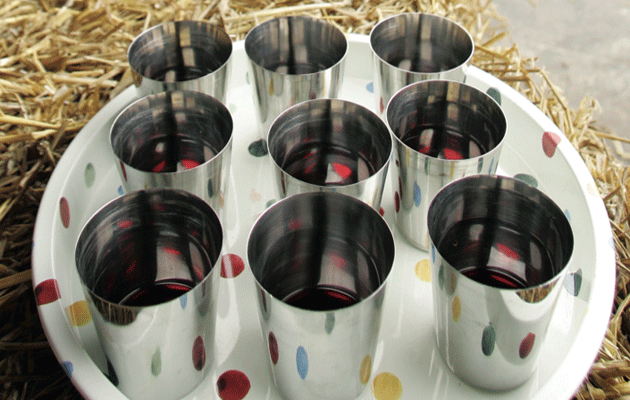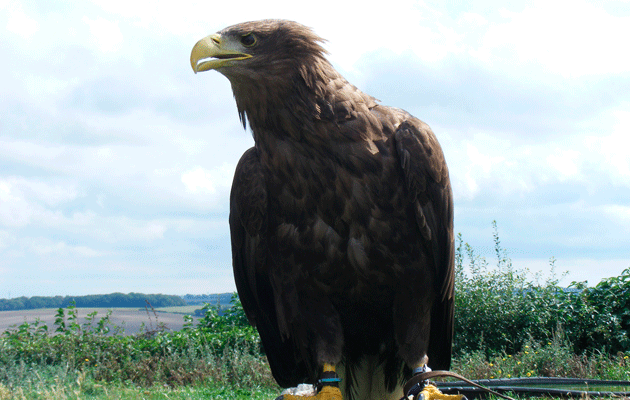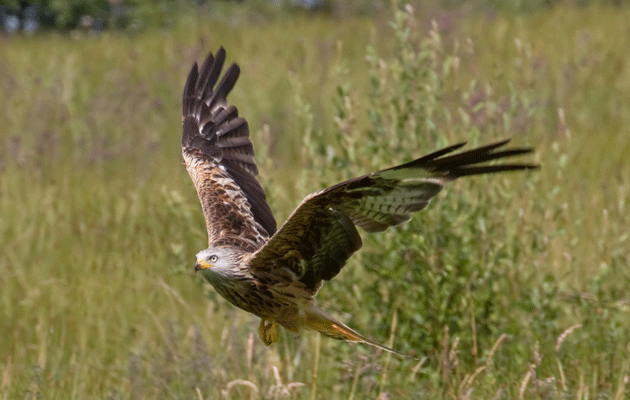Gamefarming must modernise

BASC firmly supports local, traditional British gamefarmers, to quote directly from its February press release. A straightforward enough sentiment, highly laudable and accompanied by a soundbite: Buy local, buy British, buy traditional. If only it were that simple.
Reared game is the fuel that keeps the shooting engine running. Without rearing, or if rearing were restricted in some way, that engine would slow or stop completely. So finely tuned is the system that shock factors have a knock-on effect: feed and medicine prices, labour costs, weather, scarcity of laying hens and, topical at this time, enforced regulation.
Feelings still run high over laying cages. I believe that BASCs core argument is flawed, but of even greater concern is the manner in which it attempts to bludgeon opinion in spite of more considered and realistic advice.
Whatever the fallout over raised laying cages, and we await DEFRAs definitive announcement, the issue raises a question, that of sustainability. If viable rearing practice is to be maintained into the future, it will be tested in a number of ways, not least by simple economics. Ironically, an objective look at welfare among UK gamefarmers would show high standards.
UK rearing practice is inherently welfare-rich, having evolved through necessity. Progressive, grass-based systems from day-old to poult produce the vast majority of the UKs restocking demand, more than 30-million birds annually. Half are reared on 300 or so gamefarms, the remainder on estate rearing fields, many themselves semi-commercial operations.
A trend is emerging, with some UK producers concentrating on egg-to-chick production. This specialist approach helps balance an otherwise high-cost, high-risk link in the rearing chain. This is a reaction to UK incubators brimming with eggs from foreign sources and demands large-scale operations. Estimates suggest that 80 per cent of partridge and 40 per cent of pheasant eggs and chicks are imported, so the incentive to produce our own is clear.
BASC requests support for British gamefarmers and extols the choice of local farmers and traditional breeders. Of the 83 per cent of shoots who rely on reared birds, those buying poults will do so from British gamefarms and it is logical to source those locally. A workable and sustainable definition of traditional is more problematic, for the term carries a sense of nostalgia.
Reared game is a cost-sensitive commodity. The nature of every shoot budget is to demand more for less. While there are benefits in returning to smaller, estate-scale systems, not least for sustainability, the practicalities make it unrealistic.
Harking back to the past is a luxury afforded to remote advisory committees. Modern gamefarming may at times need to consider its future direction, but looking back is little more than nostalgia.
Have your say: if you have a view on a current news topic, send it, in no more than 500 words, to steditorial@ipcmedia.com.
What is YOUR opinion?
Join other ST readers in our forums to discuss your views.
Like this article? Mark this page on a social bookmarking website…








